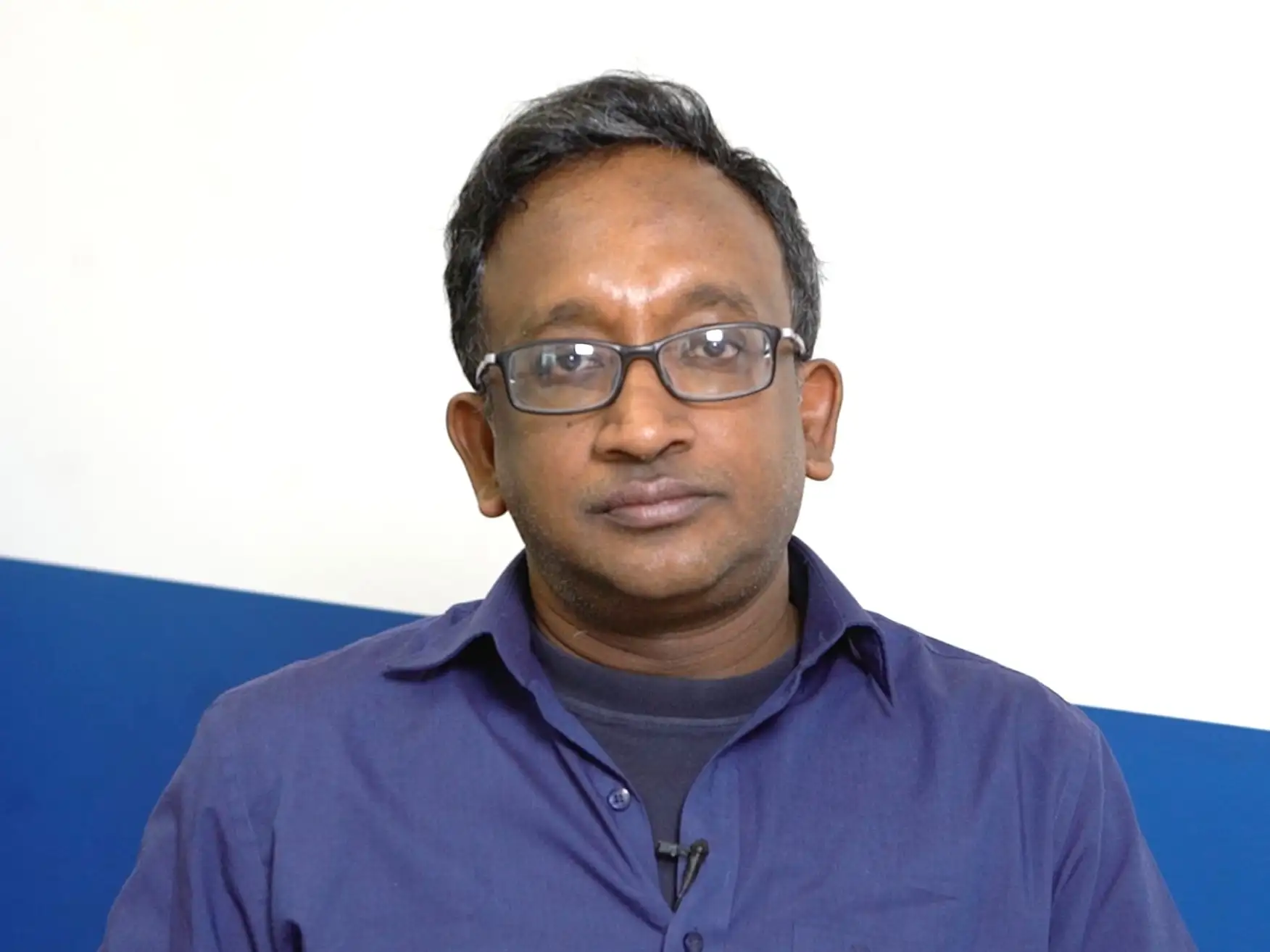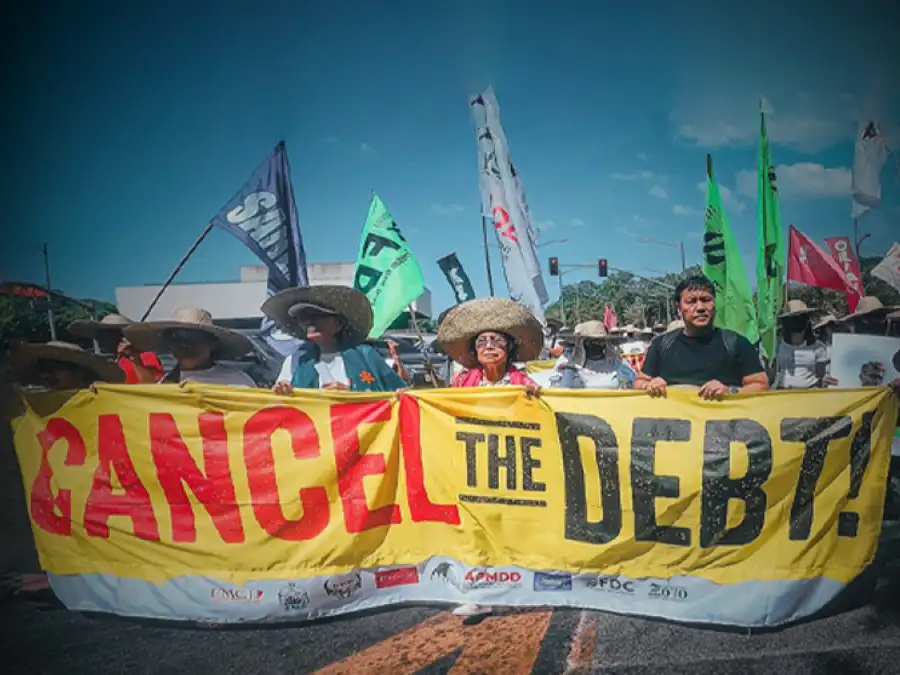

Sandun Thudugala is from the Law & Society Trust in Sri Lanka
Sandun Thudugala describes himself as a human rights defender, activist and advocate for social justice in Sri Lanka. He is head of programmes at the Law & Society Trust, a CAFOD partner organisation.
Sandun answers our questions about how the new global debt crisis is affecting ordinary Sri Lankans.
What is the debt crisis in Sri Lanka?
We are trapped by debt. For decades, after independence, we've been increasingly depending on foreign borrowings for our needs. We've been borrowing money to cover the gap of our expenditures and incomes. We have to spend almost everything we earn as a country to pay our debt. That means we don't have money to spend on our education, our health, our industries, on agriculture.
Our local industries and local economy have collapsed significantly, which has destroyed our capacity for producing and earning income. So we have no way out, we just earn, and we just keep paying our debt back. And we will have to keep borrowing to fulfil our needs. So that's why we're trapped.
How does the national debt impact everyday life for the Sri Lankan people?
In order to pay the debt, the government is reducing fuel and fertiliser subsidies, electricity, social spending like health, education, and social security. This means our basic expenses have increased rapidly. Our electricity prices have tripled, our transport costs have tripled, food prices have increased rapidly. And we don't have a proper education or health system - the services have been reduced.
Every day normal people have to bear the burden of this debt crisis, because it's extremely difficult for us at the moment to get the basic services that we need for day-to-day life.
A return bus journey into the city from my village used to cost around 50 rupees. Now it is almost 100 rupees. So if you have three children who need to catch the bus to school, that's 600 rupees per day, and 20 days is 12,000 rupees. That's almost half of the daily wage of a labourer in my village. So if you have to spend this much just for your transportation, I know families who have to decide, okay, who from your three children who will go to school and who will stay at home?
There is no medicine in hospitals, equipment is not available. The majority of the families in Sri Lanka now don't have enough food.
Every day normal people have to bear the burden of this debt crisis, because it's extremely difficult for us at the moment to get the basic services that we need for day to day life
How are your organisation and CAFOD working together on this issue?
We’ve been working with CAFOD for more than 10 years to build active citizenship. This means helping ordinary people to have the information, knowledge and skills necessary to tackle unjust policies and advocate for their rights.
We support the farmers’ and fisheries' movements, trade unions, and other social movements. We help the people understand how economic reforms are impacting on them, and how they can resist some of these unfair policies and advocate for fair justice policies and reform. So CAFOD is supporting us, not just to oppose what's happening, but also imagining and articulating a better future.

The New Debt Crisis
There’s a new debt crisis crippling lower income countries. Over 3 billion people are living in countries where governments are spending more money on debts than on health or education.

